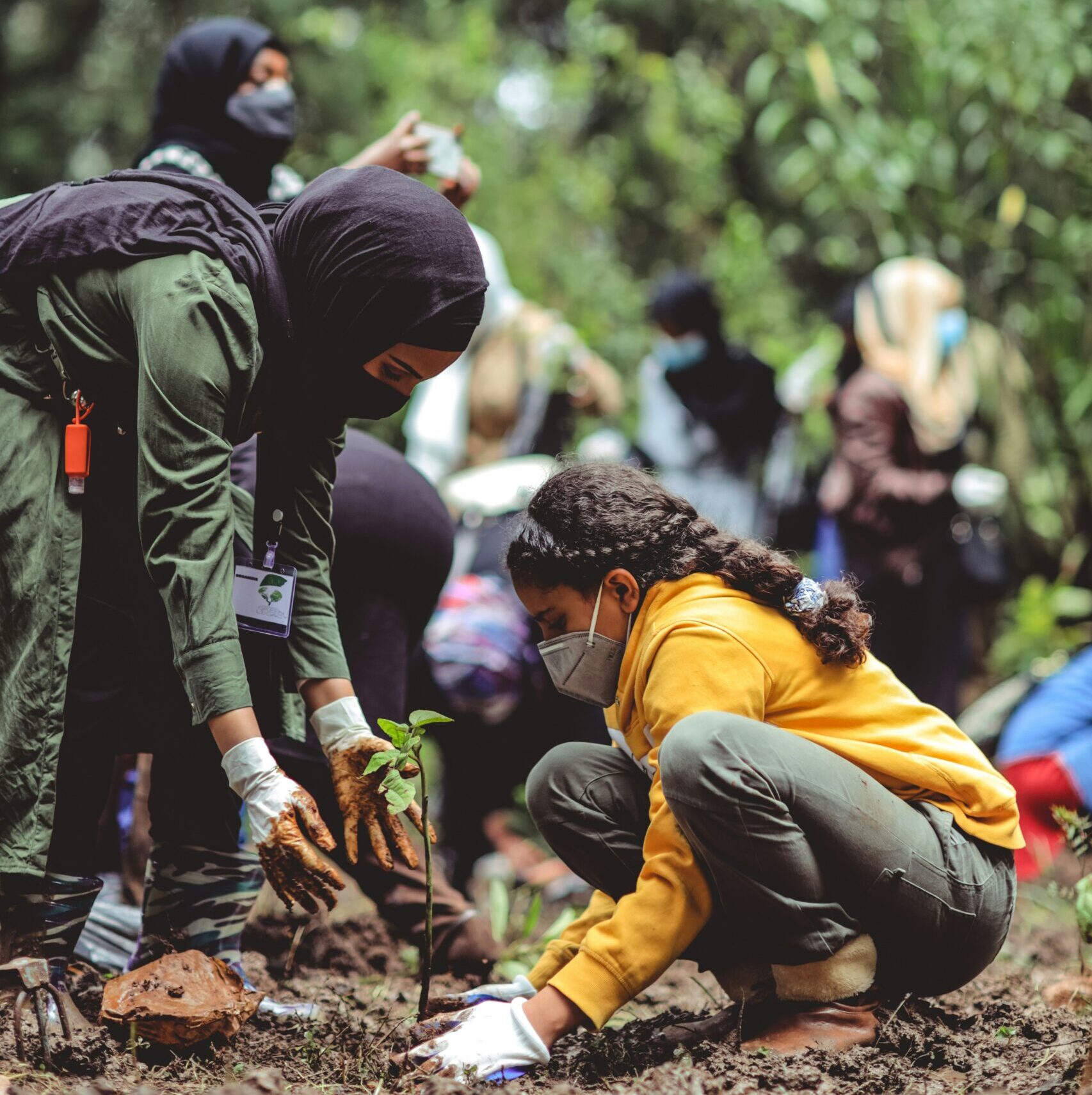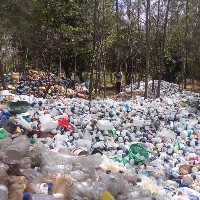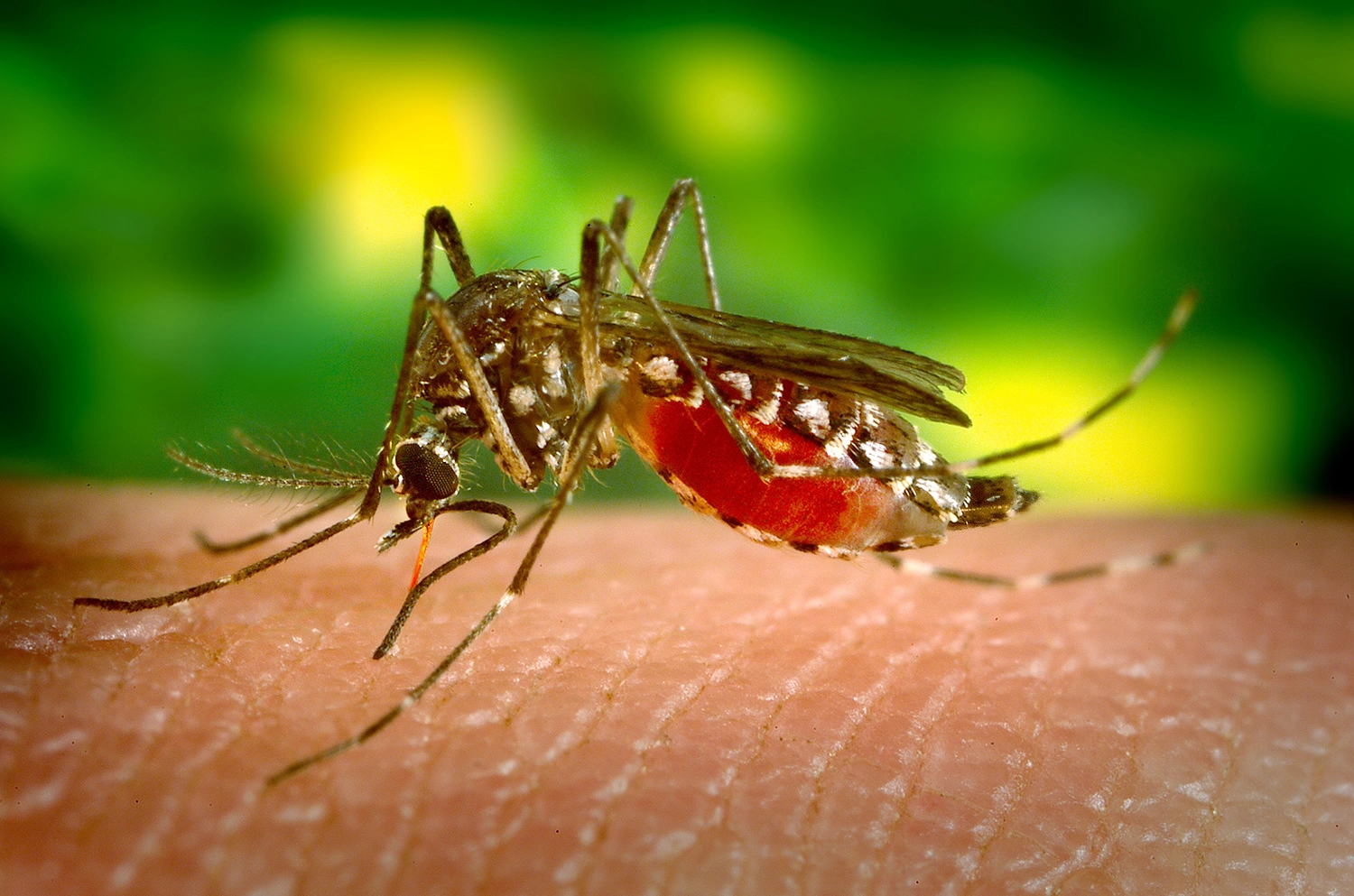Human and
Planetary Health
We believe that, without a healthy biosphere, there is no human future. Climate change and other environmental challenges are creating a health crisis of planetary dimension, with impacts falling disproportionately on vulnerable and historically marginalized populations.
We’re committed to advancing human and planetary health — a field that brings together perspectives from environmental sciences, public health, systems thinking, and other disciplines to achieve breakthroughs and find solutions for a healthier world, on which humans can thrive. Together with Stanford’s Woods Institute for the Environment and Doerr School of Sustainability, we support the Stanford Human and Planetary Health initiative (view their fact sheet) to drive solutions-oriented research, train future leaders, accelerate global impact, and build the human and planetary health community at Stanford.
On this page, learn more about CIGH’s programs and projects related to human and planetary health.












